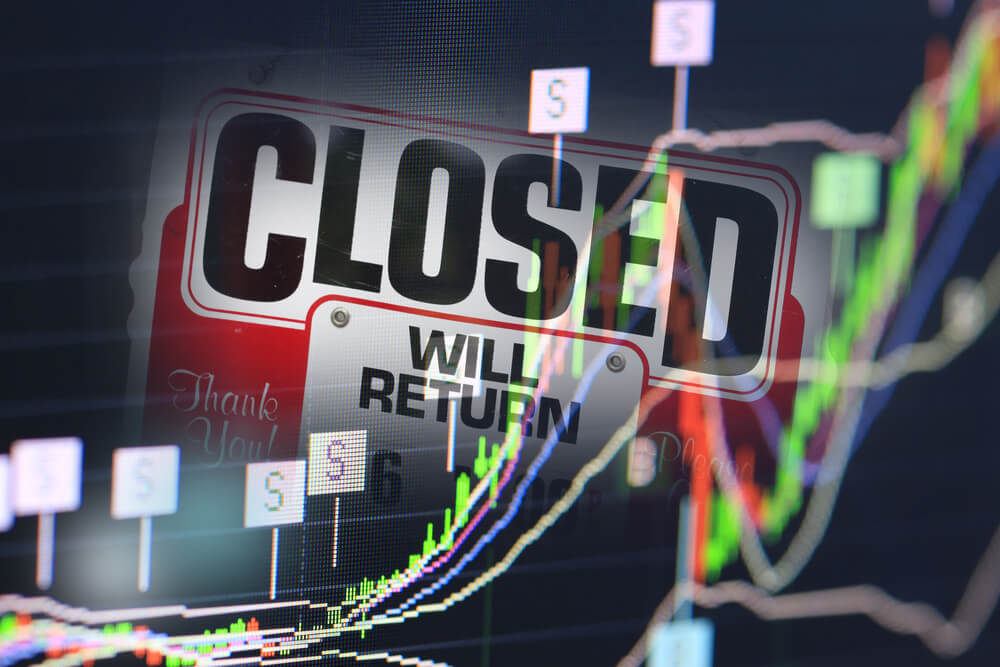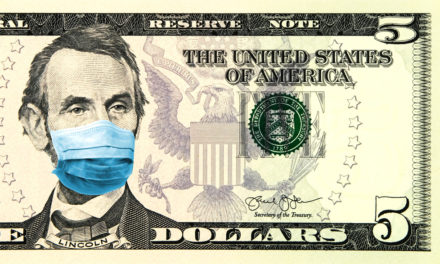For the second time this week the stock market circuit breaker was triggered after all three major indexes plummeted 7% at Thursday morning’s opening bell.
U.S. President Donald Trump issued a 30-day travel ban from 26 European countries Wednesday night, and futures trading was paused on all three major indexes after a rapid 5% drop following the speech. This “limit down” measure is used to stop wild swings in either direction before the next trading session opens.
A similar rule is applied after markets open. The New York Stock Exchange has implemented what it calls three “circuit breaker thresholds” that kick in after big declines in the S&P 500 between the opening and closing bell. These are the three thresholds to look at, per CNBC:
- Level 1: If the S&P 500 drops 7%, trading will pause for 15 minutes. (This level triggered at 9:35 a.m. EDT after the S&P 500 lost 192 points).
- Level 2: If the S&P 500 declines 13%, trading will again pause for 15 minutes if the drop occurs on or before 3:25 p.m. EDT. There will be no halt if the drop happens after that.
- Level 3: If the S&P 500 falls 20%, trading would halt for the remainder of the day.
The first threshold triggered just five minutes after markets opened Thursday as the S&P 500 fell 7% to 2,549 points. The Dow Jones Industrial Average also sank 7.2% and the Nasdaq lost 7%.
These revamped circuit breakers have been implemented since February 2013, but Monday was the first time one had been triggered since then — and it’s now happened twice in just four days.
The record long bull market has been running for over 11 years now, which is the longest expansion on record, but that all changed Wednesday. The Dow Jones officially entered a bear market following Wednesday’s close where it fell 5.9%. The S&P 500 and Nasdaq, which closed down 19% from recent highs on Wednesday, will almost assuredly follow suit today unless there’s some sort of miraculous recovery.
Be sure to check out our Closing Bell analysis here on Money and Markets later today to find out if the major exchanges were able to shake off the initial sell-off.




